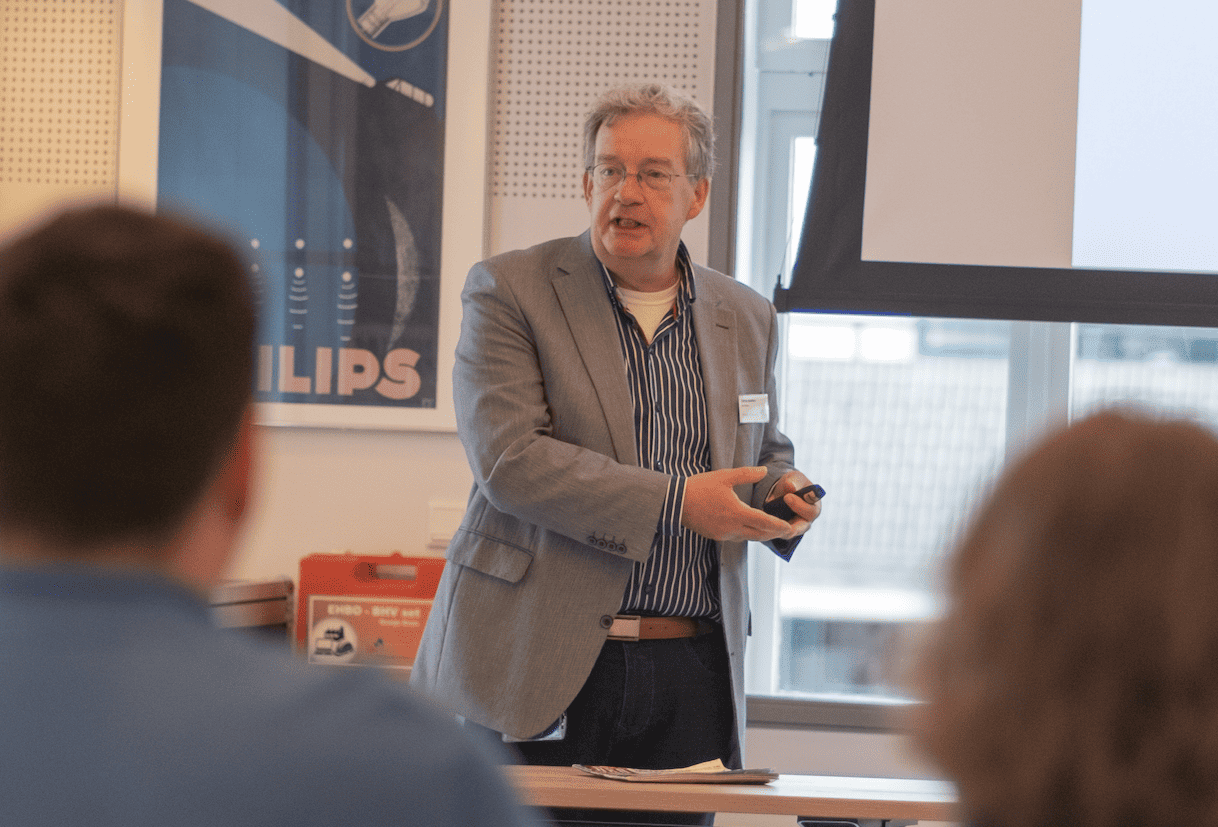
What do you think? Has the corona crisis so far yielded more or fewer patent applications? Oddly enough, the answer is that no effect can be seen whatsoever on the number of Dutch and European patent applications. Still, there are a lot of entrepreneurs who are switching over to creating new, corona-related products. You would therefore also expect to see a change in the number of patent applications. What’s going on?
Smaller businesses are often very flexible and innovative. If their market disappears, they quickly switch over to something else. There are two ways of making the switch, and these involve other considerations when it comes to patent applications. There are entrepreneurs who temporarily make something different. And there are entrepreneurs who switch over for a longer period of time.
Short term
An entrepreneur who switches over temporarily will not be quick to apply for a patent for that temporary product. For instance, it doesn’t make much sense to apply for a patent for a beer brewer who is going to temporarily make disinfectant alcohol for hands. Nor for a bed manufacturer who is going to temporarily make face masks.
Patents are only granted after several years. Hopefully, this crisis will be long gone by then. What’s more, there is so much demand at the moment that there is scarcely any competition. Plus, you can make reasonable margins even without a patent in these overstretched markets. What does an entrepreneur do then? They utilize the expertise and capacities already present in their company, which is also a form of intellectual property (IP). And for this entrepreneur, using the brand name ( also IP!) is probably very worthwhile. As it will likely be good for the reputation of the company.
The patent database is also important for these entrepreneurs, as there is so much that can be learned from it. Switching over to new products shows how complicated many products actually are. Face masks seem simple. But these types of face masks that effectively stop the coronavirus are high-tech. They consist of multiple layers and statically charged non-wovens. A modern ventilator unit is also much more than an adjustable air pump. It responds to the patient’s spontaneous breathing efforts and supplies oxygen as and when needed. A great deal can be found on these techniques in published patent applications. What’s more, by adopting these high-tech features you could well be making something that has already been patented by someone else.
Long term
There are also entrepreneurs who are switching over for a longer period of time because some products will remain even after the crisis. After all, the virus will still be around for a long time to come. Unfortunately, more are likely to follow. Working from home, online meetings and online education will continue as well. As will effective means to prevent the spread of viruses, such as screens, contactless operation of equipment, and air treatment systems.
Many of these aspects are currently undergoing rapid development. So, the first patent applications on them have already been filed. Speed is key to entrepreneurs who are working on these aspects. When it comes to IP, it’s a case of whoever registers the IP first is the only one who is granted exclusive rights to the IP.
Open source solutions
By the way, there are also companies and some student projects and start-ups that purposefully provide open source options for everything that they’re presently developing that’s related to the corona crisis. So as to help solve the crisis. Open source is not only altruistic, it sometimes has economic advantages as well. Which includes leveraging the power of the network. Yet there is a common misunderstanding that surrounds this too. All too often I hear these entrepreneurs say that they are not interested in patents. Because they share everything on an open-source basis. Unfortunately, that’s not how it works in practice. If you don’t patent anything yourself, it doesn’t mean that others won’t patent anything either…
The declining number of applications filed by the first group is compensated by the surge in the number of applications filed by the second group. This also happened during the previous crisis. It’s only when things start going badly in business that it becomes apparent how flexible and innovative entrepreneurs can be. I get asked questions about some very surprising ideas. And I notice so many entrepreneurs who see new opportunities. That fills me with optimism for the future. You can’t patent flexibility and ingenuity. Thank goodness for that.
Hans Helsloot is a patent advisor at the Netherlands Patent Office but has written this column in a personal capacity.
About this column
In a weekly column, alternately written by Hans Helsloot, Eveline van Zeeland, Jan Wouters, Katleen Gabriels, Mary Fiers, Peter de Kock, Tessie Hartjes and Auke Hoekstra, Innovation Origins tries to find out what the future will look like. These columnists, occasionally supplemented with guest bloggers, are all working in their own way on solutions for the problems of our time. So tomorrow will be good. Here are all the previous IO episodes.
Support us!
Innovation Origins is an independent news platform that has an unconventional revenue model. We are sponsored by companies that support our mission: to spread the story of innovation. Read more.
At Innovation Origins, you can always read our articles for free. We want to keep it that way. Have you enjoyed our articles so much that you want support our mission? Then use the button below:








